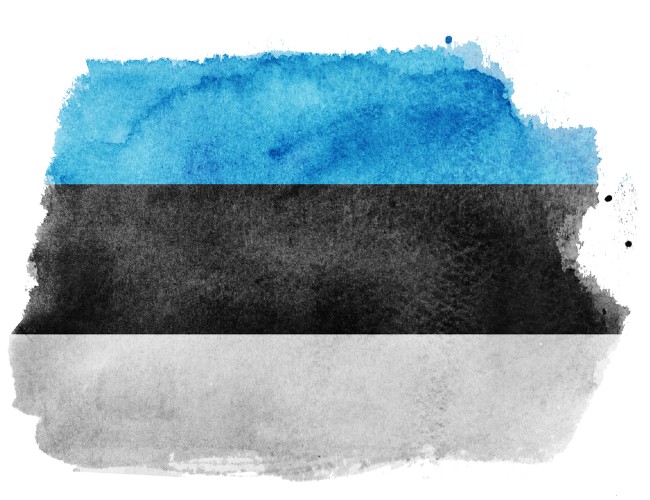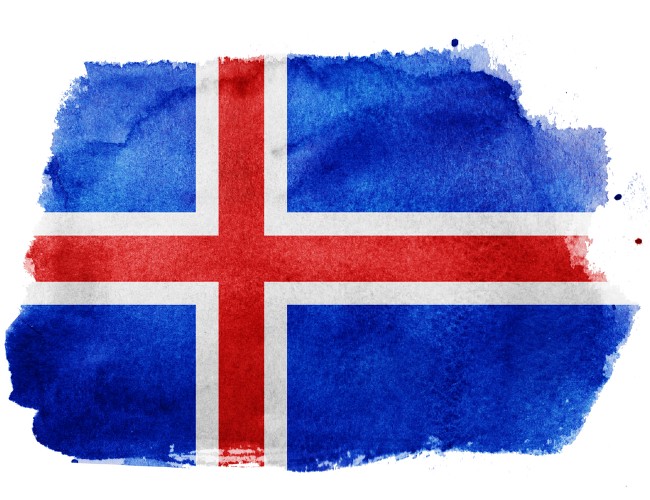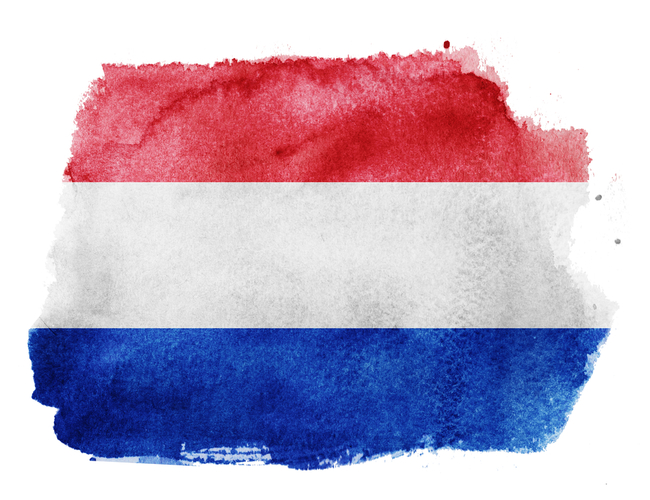What is the Eurovision Song Contest?
Started way back in 1956 as a way of drawing a fractured Europe back together with the healing power of music, the Eurovision Song Contest, or Concours Eurovision de la Chanson – the contest is telecast in both English and French – is open to all active members of the European Broadcasting Union, which oversees the competition.
Each country is permitted to submit one three-minute song to the contest – a song which is selected by a variety of means, usually a winner-takes-all competition such as Sweden’s renowned Melodifestivalen – which their selected entrant performs in one of two semi-finals in the hopes of making it to the glittering grand final.
Only six countries have direct entry into the grand final
- The Big Five who fund most of the contest – UK, Germany, France, Italy and Spain
- The host country (which is the winner of the previous year’s contest); this year that country is Switzerland.
The winner is chosen by a 50/50 mix of viewer votes (you cannot vote for your own country) and a jury of music industry professionals in each country, a method which was chosen to counter the alleged skewing of votes based on political and/or cultural lines when voting was purely the preserve of viewers at home. (This mix applies only to the grand final; voting in the semi finals is purely by popular vote with no jury involvement.)
Past winners include, of course, ABBA in 1974 with “Waterloo” and Celine Dion who won for Switzerland in 1988 with “Ne partez pas sans moi”.Above all though, the Eurovision Song Contest is bright, over the top and deliciously camp, a celebration of music, inclusiveness and togetherness that draws annual viewing figures in the hundreds of millions.
This year’s event
The grand final of the Eurovision Song Contest 2025, continuing the theme of “United by Music”, will take place in St. Jakobshalle, Basel, on Saturday 17 May with semi-finals on Tuesday 13 and Thursday 15 May. The 69th Eurovision Song Contest grand final will be hosted by Hazel Brugger, Michelle Hunziker and Sandra Studer while Brugger and Studer will host the semi-finals. Swiss broadcaster SRG SSR will host the event, together with the European Broadcasting Union (EBU), will organise the Contest thanks to Nemo’s historic win in Malmö in 2024.
ESTONIA: “Espresso Macchiato” by Tommy Cash
THE ARTIST
One look at the clip for “Espresso Machiato” by Estonia’s entrant, rapper Tommy Cash, well and truly confirms that the artist is, as his Eurovision bio attests, “known for both his bold visuals and sounds.”
Helping him in this regard is the fact that he’s a visual artist, and you must assume a lived experience which saw Tomas Tammemets, as he’s known to the Estonian government, or rather his parents fined for their son’s illegal painted graffiti and taking painting and dancing in lieu of completing a formal high school education.
He’s funnelled all those life moments good and bad into his work, with Crack Magazine calling him a pop “provocateur” who exists in a “mad hatter setting” where Cash doesn’t “waste the energy of his art when he doesn’t have to.”
His uncompromising artistry has seen find success not just at home in Europe but in the U.S. with appearances at festivals Glastonbury, Sziget and Roskilde.”
So, what has the artist whom VICE says exhibits an extreme uniqueness through his art as a multi-talented, fearless and creative young Eastern European lad” got in store for the good voters of Eurovision?
(courtesy Eurovision.tv (c) Alina Pyazok)
THE SONG
As you might expect, “Espresso Macchiato” is full of the artist’s sense of masterfully executed idiosyncratic outlook and sense of humour.
The lyrics are frankly gloriously nonsensical but the music adds some real Italian-esque flavour to proceedings and the newt result is a fun if gimmicky track that is sure to win hearts and likely votes come semi final 1.
This is the sort of the song that will lend itself to a creatively fecund stage show, one that will be as impish as it will be spectacularly over the top and it’s this willingness to push the boundaries, though tightly expressed within Eurovision’s tight rules, that will likely see the song do very well.
It’s not even remotely close to being in contention for the big prize but oh the fun we’ll have on the way and you can only hope Estonia makes it to the grand final just to inject it with some much needed whimsy and fu.
THE ARTIST
VÆB want you to notice them!
It’s not just the all-caps stylising of their name, but their fashion sense which screams retro sci-fi silver metallic kink, a look which is both whimsical but neatly in keeping with the electronic music which is (not twin) brothers Hálfdán Helgi Matthíasson and Matthías Davíð Matthíasson musical stick in trade.
Kicking things off in 2022 with their debut album, Væb tékk, which was heralded by the singles “Aron Can (Borðar kál)” (a tribute to the eponymous artist) and “Þetta kallar á drykk”, the pair come from a highly musical family with their father Matthías an organist-sax teacher-choir director and their mother Áslaug, a singer-singing teacher.
It’s quite the pedigree and not surprisingly the brothers took to music very early on, learning drums (Hálfdán) and trumpet (Matthías), their prodigious efforts helping them win the popular Icelandic television singing competition, The Christmas Star in 2015.
While their first attempt to represent Iceland at Eurovision in 2024 led to a fourth placing in the song selection contest, Söngvakeppnin, they’ve found favour with Icelandic voters now and are, happily you must think, Basel bound the second time around.
(courtesy Eurovision.tv (c) Ragnar Visage)
THE SONG
One thing you need to appreciate about “RÓA” is that it’s not a sit back in your easy chair and watch the world go past kind of song.
Moving between a rousingly intense, dancefloor enthusiastic opening, and quieter interludes, this fantastically energetic song, powered by rap and sung vocals in equal measure, even throws in some folk violin work for good measure.
A love letter, as far we can tell to rowing boats, the song is also replete with Eurovision worthy thoughts on tenaciously pursuing your heart and never going up, which sit perfectly with the which thunders gloriously on with enthusiastic abandon.
You will dance (oh how sweatily you will dance!), you will laugh and you will likely vote this effusively energetic track (God damn!) into the grand final and maybe even into the winner’s spot, after all, as the guys says, “nothing’s ever stopping me now”
THE NETHERLANDS: “C’est la Vie” by Claude
THE ARTIST
A Congolese-born Dutch singer-songwriter, Claude (full name Claude Kiambe) released his first single, “Ladada (Mon dernier mot)” in 2022, which he followed up with four singles, all of which charted quite nicely thank you very much.
It’s quite the splash to make on your debut and explains why Claude arrives at Eurovision with over a hundred million streams, a slew of sold-out shows and a highly successful first album, Parler Français (2024) to his credit.
He’s attracted international attention too with “Ladada” charting in over 15 countries and cites Belgian artist Stromae and Lewis Capaldi as influences.
Clearly a talent on the rise, Claude was internally selected by Dutch broadcaster AVROTROS which clearly knows a thing or two about going with artists who have presence, emotiveness and an ability to winningly channel that into their highly engaging music.
(courtesy Eurovision.tv (c) Tim Buiting)
THE SONG
Taking things down a notch or two – think a ruminative bar at 3 am, at least at first – Claude gives you the impression he is going to be all wistful balladry and existential introspection.
But while the lyrics definitely look backwards – like so many songs this year, French is in the ascendancy; in Claude’s case, it’s the official language of his birth country, the Democratic Republic of the Congo – and shrug their shoulders at the fatalistic inevitability of life and the pressing need to make your peace with it, “C’est La Vie” picks up speed as it goes along without sacrificing one iota of emotion.
This is heart on the sleeve territory and Claude wears it exceptionally well, and while its ruminatively sad at times, it feels ultimately hopeful that while things can and will go wrong, that that’s not the end of the story.
It’s inspirational and danceable all at once and it should go down a treat in the semi final, comfortably seeing the Netherlands through to the grand final and likely top 10 success.
NORWAY: “Lighter” by Kyle Alessandro
THE ARTIST
As is the way wilt many a Eurovision talent, Norway’s entrant for 2025, Kyle Alessandro, has been involved with music in some way or another since he was a child.
Full name Kyle Alessandro Helgesen Villalobos, he is a singer-songwriter-dancer who took part in the Norwegian version of Got Talent, Norske Talenter at the tender age of ten in 2017 where he earned a “golden buzzer” and whizzed right through to the final.
No slouch linguistically, Alessandro speaks four languages, including his parents’ Spanish and Norwegian, his prodigious accomplishment encompassing his music influences which, according to his Eurovision bio, range from “South America and Japan to Nordic folk music” (he describes himself, and you hope with some pride, as a “music geek”).
In his second attempt at Eurovision glory – as a member of boyband Umami Tsunami, he competed in Norway’s Eurovision pre-selection Melodi Grand Prix in 2023 – Alessandro has made to to the followed spot of Norway’s Eurovision representative but has his song, “Lighter”, got the goods to get to the main prize?
(courtesy Eurovision.tv (c) Thor Håkon Ulstad)
THE SONG
Maybe not but the artist is going to have some fun getting to the grand final.
While it sometimes lack a little emotional punch, and sounds more than a little like a lot of Eurovision entries before it, “Lighter” is a lot of fun to listen to and low key dance to.
It won’t win the contest but it is a worthy entry that gives everyone a chance to boogie, feel warm and inspirational and even get a little reflective in the bridge.
The chorus comes mid-fi roaring in again, but this will place quite nicely without worrying Oslo with the hosting gig in 2026.
POLAND: “GAJA” by Justyna Steczkowska
THE ARTIST
Now here’s an interesting accolade!
Poland’s 2025 entrant, Justyna Steczkowska, has been described as “the shaman of the Polish music scene”, and while there’s no mention of incantations or magical machinations, she is a prodigiously talented artist, who has, according to her Eurovision bio, “made a name for herself as a vocalist, violinist, composer, songwriter, actress and photographer”.
Sleep Much? Likely not, with Steczkowska having recorded 19 albums to date, recorded 200 songs and performed in over 3,000 concerts as well, and lordy does she ever holiday, serving as a huge on The Voice of Poland where she’s known for reasons that are not explained, as “Mrs. Professor”.
Not surprisingly for someone with that kind of prodigious output, she has earned a ton of awards, including as many as 6 Fryderyk Awards, 2 Wiktor Awards, Gala’s Roses (Róże Gali) and the Amber Nightingale Award (Bursztynowy Słowik) so adding Eurovision to her list of storied accomplishments seems entirely just and good.
(courtesy Eurovision.tv (c) Justyna Steczkowska)
THE SONG
But does her song “GAJA’ ride on the back of her many songs recorded to date, feeling like a “been-there, done-that” effort or does it have a unique energy and passion all its own?
Try the latter with the electrically-laced upbeat folk effort more than channeling the out-there spirit of Eurovision 209 winner, Ukrainian Ruslana, who also championed furs, foot stomping and incredibly full-on, crowd pleasing dancing.
But Steczkowska is very much her own artist, and “GAJA” more than stands, or rather dances, on its own musical two feet and it could well catapult Poland not just to the grand final but to a top 10 finish.
It has power, energy, life and some vocal screaming that adds animalistic power to a song that will not be denied or ignored and which will likely be one of the highlights of this year’s contest.
Heading to Basel to see Eurovision live? Here’s a handy guide to the city …










